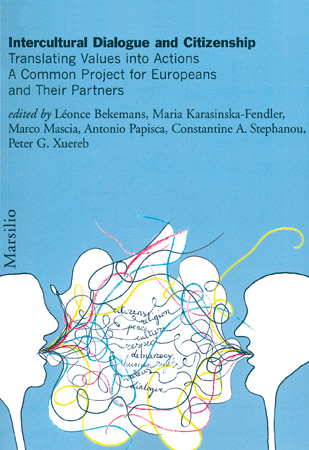Collections

Policy Dialogue among Cultures and Religions in the City
Enzo Pace (2007)
- Contained in
- Intercultural Dialogue and Citizenship
- Pubblication type
- Articolo / Saggio
- Pages
- 555-569
- Language
- IT
A comparative analysis of the political and social effects politics have on dialogue between cultures and religions in the EU, applying a bottom-up methodology. The framework adopted is the following.
Instead of evaluating the national integration model provided by each European state, based on constitutional and historical specificity that shapes and biases the features of each pattern, we measured the impact of DACAR (Dialogue Among Culture and Religion) national policies by moving from the bottom, and assuming a city to be «an open air» social laboratory in which practical effects of the policies implemented at the local level can be studied and compared to see how the social, political, religious and civil representatives of society have run and are running the live experiment of dialogue. Assuming city as symbolic and real, at the same time, place of differences (cultural and religious) that people experience directly, we suggest therefore to collect and select a sample of European cities where the policies of DACAR have been put into practice by trial and error, measuring the relative distance between the national abstract pattern and the local invention of the path to the dialogue.

